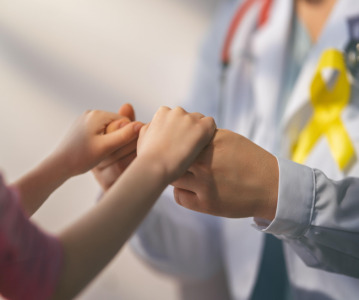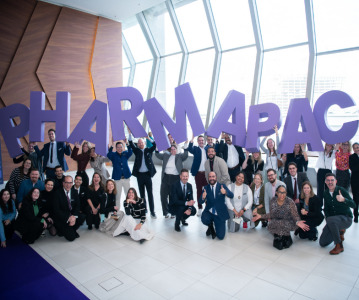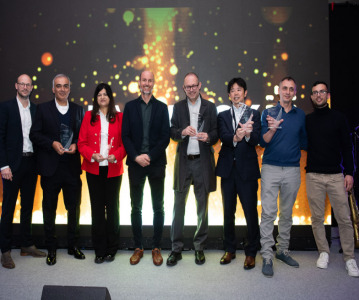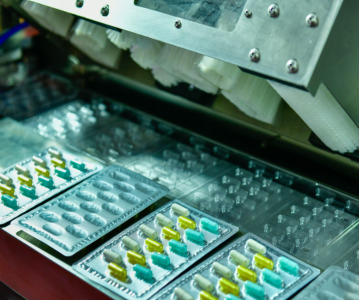A Day in the Life of a Head of Market Insights in med devices
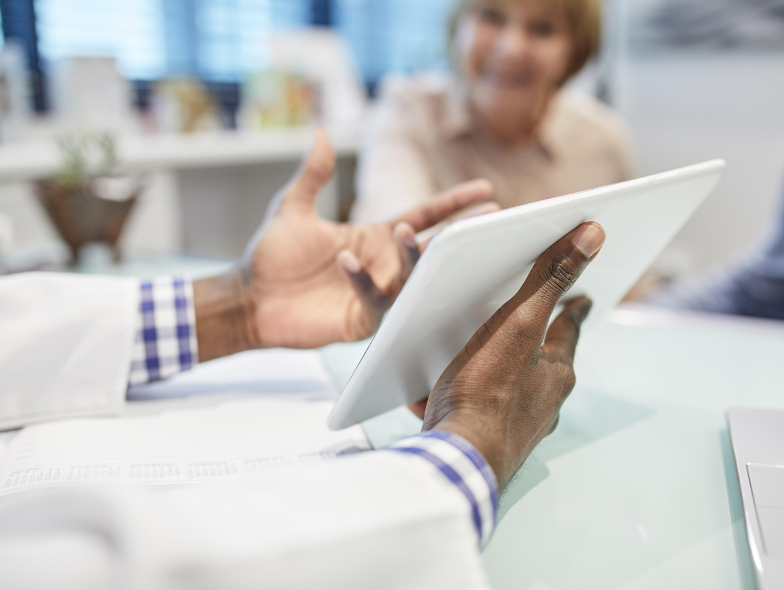
The latest interview in the Day in the Life of Series is with Alper Hulusi, Head of Market Insights for ClariMed. Hulusi also works to try to get to know people, this time from the other side of pharma – the people that will be using the therapeutics.
Hulusi's role is a perfect example of the social responsibility and research aspect of developing products that patients have to use to have a better quality of life.
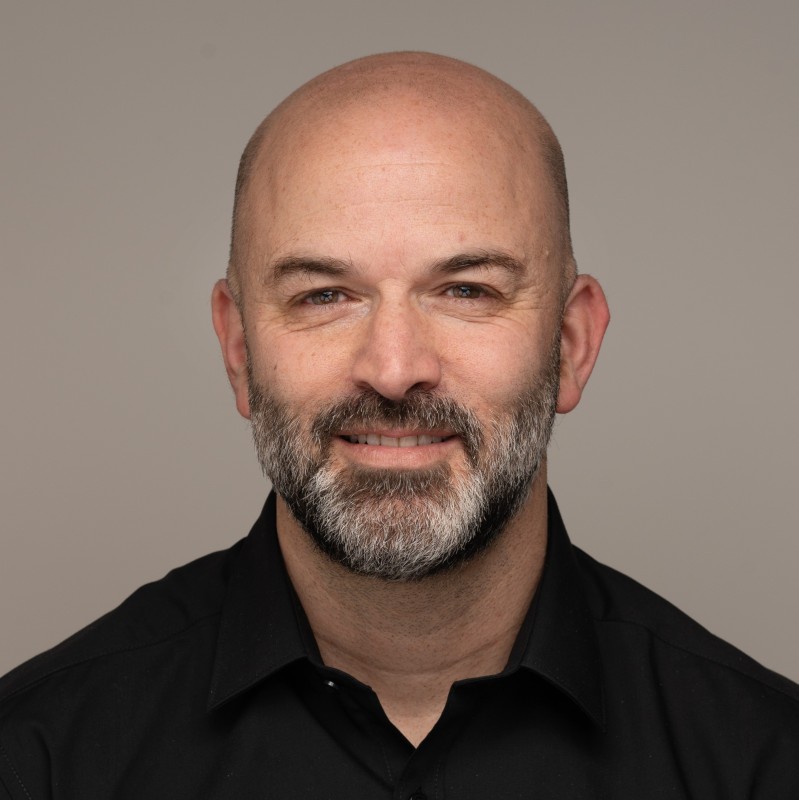 Please can you give some background as to your career and how you came to where you are now?
Please can you give some background as to your career and how you came to where you are now?
My background is in sociology, I earned a BA in Sociology, followed by a Masters degree in the Sociology of Education. My career has been split between social policy research and the med-tech industry.
For many years, I worked at several leading social research firms, eventually joining one of the top three or four in the field. My work primarily involved helping the government develop and evaluate social policy. This included everything from designing pilot programmes to assessing the effectiveness of marketing campaigns.
During that time, I focused on issues related to education, social exclusion, policing, crime, and employment, often dealing with highly sensitive topics.
I grew up in my career as a social policy researcher, both employed and self-employed for almost 10 years doing exactly the same thing. So initially quite far removed from the med devices industry. At that point I didn’t even know that med devices research existed. I was self-employed at the time and thought that I could do with working for a company now after almost 10 years self-employed, and this opportunity came up and I thought, let's have an explore and here I am.
What was what actually made you consider actually going for it and making the change then?
When I was self-employed I'd done a fair amount of research around health, but that was mostly around health services, nothing device related whatsoever. My strengths lay as a qualitative research researcher, and with my experience around health, I thought this would be an interesting new avenue to explore. Realistically, there is a degree of commonality between what I was doing before and this new research that I was embarking on.
Exploring people's experiences, their needs, their unmet needs, their wants, and around that, the implications that they want. Ultimately, to make a positive difference to people’s lives. And med devices research is not just about physical devices, it’s everything that surrounds that, whether it's the marketing, the app, the web, the platform itself.
What part of your work excites you the most?
I'm involved in every stage of the research process. What truly excites me is the field work – the interviews, focus groups, workshops, or any other format – and the subsequent delivery of insights. There's nothing more exhilarating than being deeply engaged in both the interviews and analysis, and then sharing those insights with clients. This approach not only equips clients with the information they need to make informed decisions but also allows me to confidently answer any questions, knowing I have a deep familiarity with the data. Field work, especially face-to-face interviews and sessions, has always been my passion.
Where do you mostly aid in the lifecycle of the product and where are the biggest challenges along that journey?
My involvement in the product development life cycle varies greatly depending on the client and, more importantly, when they approach us. This can range from the earliest stages – where a client may have just a rough concept – to later phases when a product is nearing market entry.
As a market insights guide, our role can span every stage of development. Early on, we might help refine a basic model, engaging with users to determine design preferences.
We also conduct research when no device exists yet, focusing on understanding user needs. This involves speaking with surgeons, nurses, or individuals with conditions like diabetes or asthma to learn what products they currently use, what gaps exist, and how a new device could improve their experience. Beyond just identifying challenges, we explore how a product could seamlessly integrate into their daily lives.
There’s an early exploratory stage in market research, but it’s a misconception that this only happens at the beginning. As a product develops, usability specialists, human factors (HF) experts, and engineers refine and test it through formative studies. These studies help ensure the device is safe, effective, and easy to use.
While HF experts focus on usability and risk, market researchers explore user perceptions and behaviours, ensuring the product resonates with its intended audience.
What are the most challenging parts of your role?
The main challenges are that very often we have clients coming to us with really complex device systems or interfaces, which obviously we need to get to grips with comprehensively to be able to conduct research on. This is a challenge that I certainly enjoy and relish.
The challenges can really vary from one day to the next, so it’s hard to pick out any one specifically. One day the challenge could be just trying to dissect, understand, interpret, and then present really complex qualitative data.
A challenge on the practical side of things is that you're having to run hours and hours and hours’ worth of sessions during your day. I was in the US a few years ago, moderating our focus groups, of which there were about five a day. So you’re jet-lagged, you’re managing several of these focus groups a day, and this particular study was with surgeons, real experts in the subject matter, so it was very mentally demanding for the whole time. And then, you're carrying these sessions out in a viewing facility where you have seven or eight clients watching that you then have to interact with, adapting to their needs in situ. That particular study was very intense. But again, elements of that I really enjoy.
What advice would you give to other people aspiring to get into this field into a similar role?
My advice comes from many different directions, mainly it's important to remember that research isn't a typical nine-to-five job, it's often far more unpredictable. When it comes to research, especially involving humans as fundamentally social beings, what truly drives us is the appetite to listen, interpret, and understand the reality of people's lived experiences.
Certain situations when conducting this research could potentially be risky. I was in the US travelling around interviewing people in their homes and we had to go to all sorts of unknown areas. If we're carrying out real world research, you have to be prepared to go out into the real world. As long as there are safeguards in place, I think we need to do that kind of research. We need to hear the voice of the user, to understand their lives, and the challenges. I don't think you can do that sufficiently from the comfort of a viewing facility or the other side of the laptop or phone.
What strategies do you employ to make sure that you are including people from different backgrounds?
Everything we do is completely bespoke. So that includes everything from the methodology we employ to gather data through to how we find people. Most places will have a database built up of people with different kinds of experiences, different therapy areas, different condition areas, which we are always adding to.
We also work with support groups online, with hospitals, charities and support groups just to ensure that we're considering a wider pool so the samples are varied.
If you weren't in the medical devices field, what would you be doing?
I'd have a nice company on the beach where would hire out pedalos or canoes. That would be great! But realistically, I have considered moving across to therapy, or more social research. Another area that has a major impact of life and quality of life for patients.
How do you like to unwind? How do you take a break and switch off?
There's only so much switching off I can do because I have two teenage sons!
I like to spend time outside, not having to think beyond what you're doing, whether it's chopping wood for a fire, digging the garden, or spending time on my motorbike, activities that are more visceral. You don't think about anything else other than enjoying the ride, it’s very cathartic and invigorating at the same time.
Related News
-
News A Day in the Life of Oncology Start-Up Co-Founder & CEO
This Women's month we are highlighting stories of women in the pharma industry (building on what we do every month to support women), so for the Day in the Life of we are speaking to Sharon Cunningham who is the Co-founder and CEO of Shorla On... -
News Women in Pharma: Manufacturing personal and team success
Our monthly Women in Pharma series highlights the influential lives and works of impactful women working across the pharmaceutical industry, and how the industry can work towards making the healthcare industry and workplace more equitable and inclusive... -
News CPHI Podcast Series: Packaging expert perspectives at Pharmapack 2025
This month's podcast episode sounds a little different, covering the latest event in Paris – Pharmapack 2025. Digital Editor Lucy Chard speaks to several experts direct from the floor of the show, bringing you right in on the action.&nbs... -
News Vertex Pharmaceuticals stock jumps as FDA approves non-opioid painkiller
UK-based Vertex Pharmaceuticals saw their stock shares soar as the US FDA signed off on the non-opioid painkiller Journavx, also known as suzetrigine, for patients with moderate to severe acute pain, caused by surgery, accidents, or injuries. -
News The 2025 Pharmapack Awards: recognising innovation and patient centricity
This year in Paris the Pharmapack Awards recognised the achievements across categories in the industry, aswell as including some new categories to highlight exceptional work and people. -
News Pharmapack 2025: From the Floor in Paris
Pharmpack gears up for another week in Paris at the Porte De Versailles. The two-day show taking place on the 22–23 January, will cover contract packaging, device innovation, and sustainability among other topics. -
News Visibility, Integration, and Opportunity with CPOs: A Pharmapack Interview
At Pharmapack 2025 in Paris the informative content tracks this year will feature a Contract Packaging track. A critically important topic for those working in the field, which speaker Alexander Schäfer from Sharp Services discusses in the fo... -
News CPHI Podcast Series: What does an evolving pharmaceutical industry mean for excipients?
In the first episode of the CPHI Podcast Series for 2025, Evonne Brennan speaks about the future of the excipient field in pharma, and what challenges and changes could be on the horizon.
Recently Visited
Position your company at the heart of the global Pharma industry with a CPHI Online membership
-
Your products and solutions visible to thousands of visitors within the largest Pharma marketplace
-
Generate high-quality, engaged leads for your business, all year round
-
Promote your business as the industry’s thought-leader by hosting your reports, brochures and videos within your profile
-
Your company’s profile boosted at all participating CPHI events
-
An easy-to-use platform with a detailed dashboard showing your leads and performance
